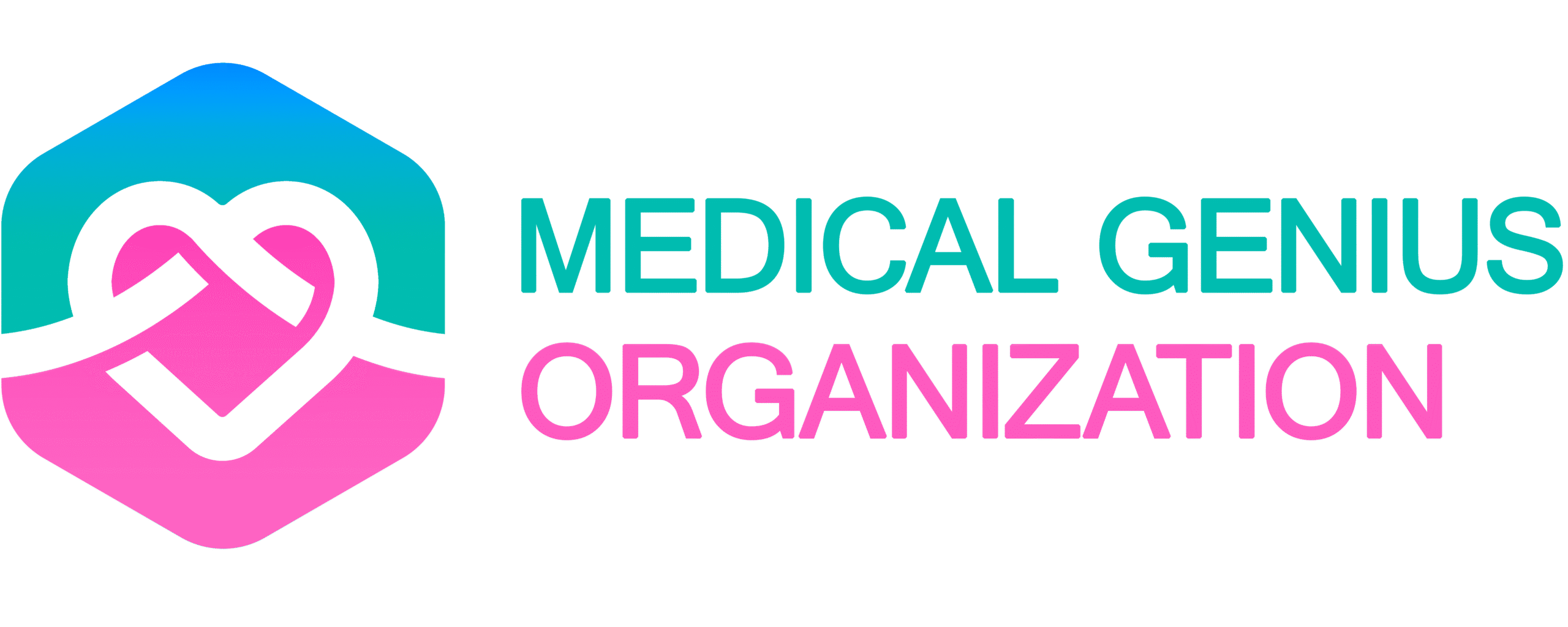The UAE has been witnessing a remarkable rebound in employee hiring, in the year 2023, after the covid 19 slowdown, which took a toll till mid-2021.
As a direct result of this positive hiring trend, many companies are struggling to hold on to their own employees as these employees are being headhunted and recruited into more lucrative offers from rival companies. Therefore, employee retention has become even more important in today’s rapidly changing workplace.
Benefits of Employee Retention
7 key benefits of employee retention are listed below.
1. Helps in building a stronger customer relationship
A company’s relationships with its customers are essential to its success. This is significantly important in the healthcare industry as clients or patients would prefer visiting a doctor, or health professional, they are most comfortable with, and more importantly, trust their lives with.
2. Financial implications
Losing employees to your rivals isn’t just a logistical challenge; it’s also a financial one. On average, it costs almost twice the annual salary of an employee to replace them, including recruiting, onboarding, training, and the time it takes to get up to speed.

3. Increased Productivity
Open roles due to employee turnover are a major drain on productivity and output. But even when those roles are filled, it takes time for employees to get up to speed in their work and reach peak productivity.
According to the Harvard Business Review, it often takes a new employee slightly over a year to adapt to a role once they are recruited from another organization. Once companies have put time and training into an employee, retaining them is essential to achieve a return on that investment.
4. Reduced employee stress and burnout
Stress and burnout have reached critical levels across industries during the COVID-19 pandemic, particularly in healthcare, with serious negative consequences for employees. When employee turnover spikes and positions sit unfilled, the employees who remain must often pick up the slack and work overtime and on their weekly offs to make up. This increases burnout and can lead to negative health and productivity consequences.
5. Improved Teamwork & Trust
The longer employees work together, the more likely they are to develop relationships built on trust and understanding of each other’s strengths. When colleagues know they can count on one another, they are likely to communicate and collaborate more effectively, driving the company forward.
6. Preservation of Institutional Knowledge
Knowledge of an organization’s operations and processes, nuances of customer and vendor relationships, and history of successful and failed initiatives—is invaluable. Only employees with a long tenure in an organization will hold that knowledge. Retaining those employees keeps the company running smoothly and allows them to pass down key insights.
7. More Effective Recruitment
Strong employee retention can be a huge boon to an organization’s brand image and its recruitment efforts. Before accepting an employment offer, candidates will research companies carefully and evaluate their track record. High rates of turnover can be a serious red flag, especially when the position they are being hired for is frequently vacant. Companies with high employee longevity, on the other hand, project a positive image that can be a strong draw to attract talent.
In today’s competitive marketplace, the importance of employee retention is clear. Leaders will drive engagement and retention efforts that improve morale, drive productivity, and ultimately grow the company’s profits.



